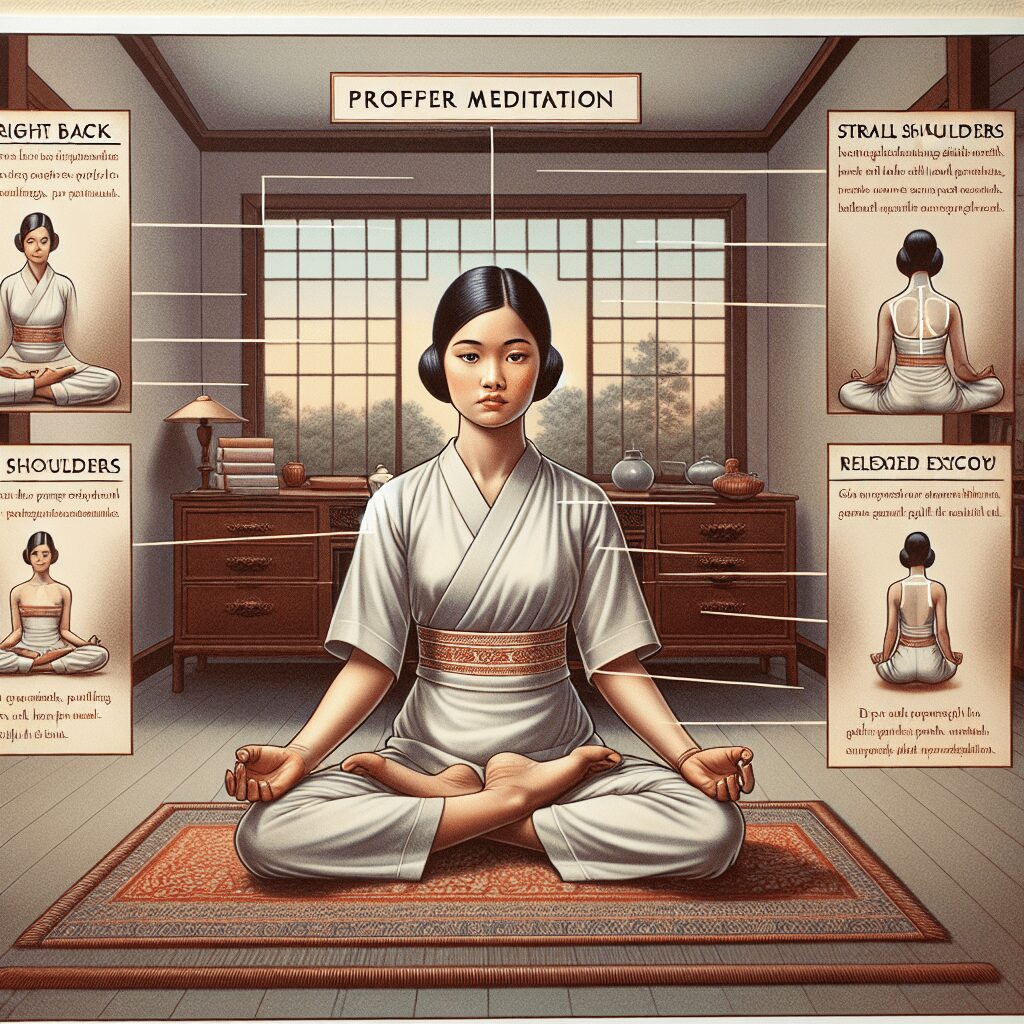
Prioritize your mental well-being daily. Enhance your life by nurturing your mental health with the Smart Meditation app. Break free from stress, alleviate anxiety, and enhance your sleep quality starting today.
Is Anxiety A Mental Disability?
Unveiling Anxiety: Beyond the Surface
Anxiety—mentioned in hushed tones or, at times, brushed off as mere nerves. Yet, this silent simmer under the surface can wield enough power to disrupt the daily lives of many individuals. It’s a complex topic, one that intertwines with the sphere of mental health. In delving into the depths of anxiety, it’s crucial to unravel its designation: Is anxiety a mental disability?
The Intricacies of Anxiety
Holistically, anxiety is more than just feeling stressed or worried. It’s the body’s natural response to stress, sure, but when these feelings are heightened, lingering long after the stressor has vanished, it speaks volumes of an anxiety disorder. The spectrum ranges from generalized anxiety disorder (GAD) to more specific forms such as social anxiety disorder or panic disorder.
Navigating through the maze of mental health, it’s important to draw distinctions. While all mental health conditions challenge an individual’s emotional and psychological well-being, not all are classified under the canopy of disabilities. Here’s where the water gets murky: a disability, by definition, implies a condition that significantly restricts one’s ability to perform certain major life activities. Anxiety, when it metamorphoses into a disorder of severe magnitude, can indeed tiptoe into this territory.
When Anxiety Crosses the Threshold
-
Daily Activities Become Herculean Tasks: For some, the mere thought of stepping out of their front door can trigger a cascade of panic. Social interactions? An unfathomable ordeal. It’s not just the case of butterflies in the stomach; it’s a full-blown storm.
-
Professional Life Suffers: Ever heard of someone’s performance taking a nosedive due to anxiety? It’s not unheard of. Imagine being constantly wracked by fear or panic attacks at work. It’s like trying to juggle with slippery hands; something’s bound to drop.
-
Health Goes Haywire: Anxiety doesn’t just live in the mind. It’s a bit of a freeloader, affecting physical health as well. From insomnia to heart palpitations, it’s like your body is constantly in a state of high alert, even when there’s no imminent threat.
Is Anxiety Recognized as a Disability?
The short answer? It depends. Jurisdictions vary, but many recognize severe anxiety disorders as disabilities under certain conditions. This recognition is crucial as it opens doors to accommodations in the workplace and educational settings, not to mention potential eligibility for disability benefits. However, the keyword here is ‘severe’. It’s not the occasional stress about an impending deadline or a fleeting case of nerves. We’re talking about anxiety that grips the reins of one’s life, curtailing the capacity to function “normally”.
Navigating the Seas of Support
Recognizing the spectrum and severity of anxiety is just the tip of the iceberg. The true voyage lies in seeking support and understanding the myriad of treatment options available:
-
Therapy: Talk therapy, particularly cognitive-behavioral therapy (CBT), has shown promise in helping individuals understand and manage their anxiety.
-
Medication: In some cases, medication can provide a valuable lifeline, helping to manage symptoms.
-
Lifestyle Adjustments: Sometimes, it’s about tuning into the rhythm of your body – embracing regular exercise, balanced nutrition, and mindfulness practices can bolster mental health.
In wrapping up, anxiety, when it escalates beyond the barriers of normalcy, can indeed be categorized as a mental disability. The recognition is not about slapping a label but about acknowledging the depth of the struggle, thereby paving the path for support, understanding, and ultimately, healing. So, if you or someone you know is battling the high tides of anxiety, remember, navigating through the storm is tough, but finding the right anchor makes all the difference.





